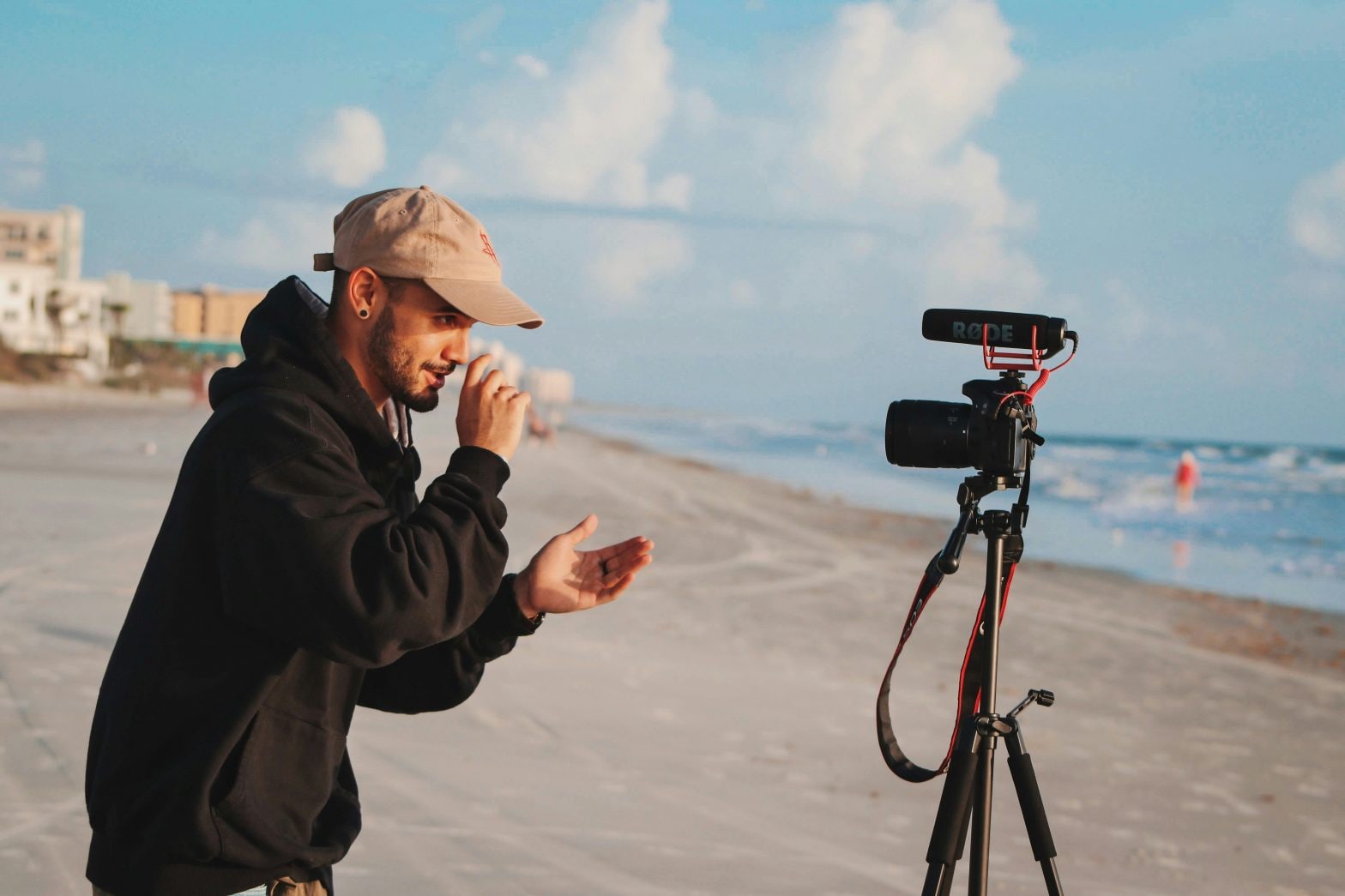When Krish, a 7-year-old aspiring gaming content creator, urged his parents to invest in headphones, gaming consoles, and a PC to help launch his budding career, his father found himself grappling with a modern parenting dilemma. Speaking to Storyboard18, the father, who requested that his son’s name be changed for privacy, expressed a reluctance to crush his child’s ambitions, while gently urging Krish to prioritize education first.
“All I know is that my son sees the end product but is unaware of the effort it takes to reach such heights,” he said.
Krish’s aspirations are emblematic of a broader cultural shift. The allure of social media stardom, a tantalizing blend of fame, fortune, and creative freedom, has captivated generations from Gen X to Gen Z. Yet the path from casual posting to professional success remains arduous, and for many, ultimately elusive.
“Almost everyone in the country is a content creator now,” said Hitarth Dadia, chief executive and partner at NOFILTR.GROUP, an influencer incubator. Dadia noted that while many engage in creative endeavors (posting poetry, cooking tutorials, educational videos, or personal essays) only a fraction turn content creation into a viable career. Professional success, he added, demands not only creativity but resilience. “Having a stoic mindset and constantly honing your craft is crucial,” he said. “Everything else, you can learn on the job.”
The widespread desire for social media validation has fueled a burgeoning industry dedicated to cultivating digital careers. New businesses, promising to teach the intricacies of the $30 billion content economy, have emerged to meet the demand.
One such initiative is WebVeda, an online learning platform founded by author and internet personality Ankur Warikoo. Since its launch in 2020, 82,000 students have enrolled in its “How to Do YouTube” course. According to Warikoo, about 10 percent of these students are under the age of 18, while 40 percent are between 18 and 25 years old, and another 30 percent are aged 25 to 35. Students range from university attendees to working professionals and freelancers.
On the other hand, courses offered by edtech players and institutions like UpGrad and NIIT delve into digital marketing tools, software, and strategies essential for influencer success, social asset creation, video editing, algorithms, and impact measurement, aiming to equip learners with practical skills for effective social media marketing. Others provide courses in multiple languages, catering to a diverse audience.
The Covid-19 pandemic, which confined millions to their homes, accelerated both the rise of online learning and the explosion of digital content creation. Some creators leveraged the lockdown to build large, devoted audiences, some even parlaying their success into mentorship programs of their own.
“Many aspiring creators seek courses for structured learning and direct guidance,” said Sreeram Reddy Vanga, co-founder of influencer marketing platform Kofluence. Yet, Vanga cautioned that authenticity remains paramount: “To truly stand out, creators need to prioritize building trust and delivering genuine value.”
The business of teaching content creation, however, faces its own hurdles. Vanga observed that courses priced too low risk being perceived as low quality, while premium courses must justify their cost through tangible outcomes. Moreover, experts agree: no course can guarantee virality or success against the unpredictable algorithms of Instagram or YouTube.
“Success lies not in formulae but in uncovering one’s unique voice,” said Dadia.
Industry veterans draw parallels to other aspirational fields. “Thousands enroll in prestigious acting schools,” noted Annkur P Agarwal, co-founder of Mango Creators, “but not everyone can become Shah Rukh Khan.” Agarwal added, “Being a creator isn’t something you can plan; it’s a journey.”
Sagar Pushp – Co-Founder & CEO, ClanConnect, emphasized the importance of managing expectations. “It’s not the glamorous profession it often appears to be,” he said, calling for a “reality check” for aspiring teenage creators.
Even as courses proliferate, platforms like WebVeda offer a 14-day refund policy, a tacit acknowledgment of the sobering gap between aspiration and reality. Warikoo tells his students plainly: “You won’t make any money for two years.” His own journey to success, he said, took twelve years.
Monetization opportunities on platforms like YouTube, ranging from revenue sharing to brand sponsorships, are limited and highly competitive. In India, creators can earn between Rs. 16 and Rs. 116 per 1,000 views, Agarwal of Mango Creators, estimated. Other platforms, such as YouTube Shorts and Instagram Reels, offer less direct avenues for income.
According to an EY study, India’s influencer marketing industry is projected to reach Rs. 3,375 crore by 2026. The Indian government has signaled support of the creator economy, proposing a $1-billion fund to boost the sector. Yet, looming on the horizon is the rapid evolution of artificial intelligence, which could dramatically reshape the landscape.
Warikoo sounded a cautionary note: “I’m pessimistic about the future of content creation courses. AI is disrupting content creation faster than we can adapt.” He predicted that much of today’s teachings would be obsolete within a year.
Vanga agreed, suggesting that while online course offerings will continue, the market will consolidate around a few dominant players.
Still, experts stress that some skills will remain evergreen. They are all transferable talents that could sustain creators in an uncertain future.
Mango Creators’ Agarwal emphasized the enduring importance of skills such as storytelling, communication, and public speaking, noting that the ability to craft and deliver compelling narratives can open a broad range of career opportunities, including in content creation.
“In the end,” said Dadia of NOFILTR.GROUP, “those who focus on building craftsmanship, whether through sound design, animation, or other creative disciplines, will find paths to success, no matter how the digital tides shift.”
